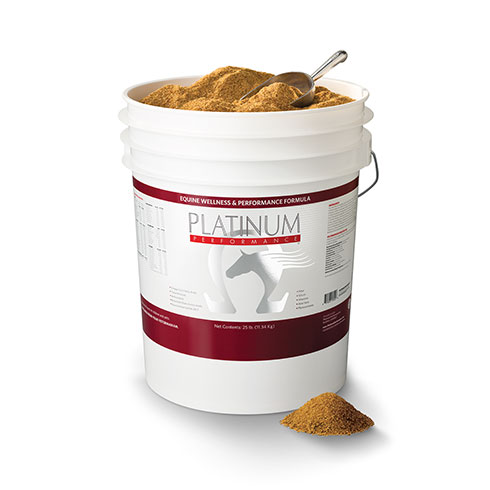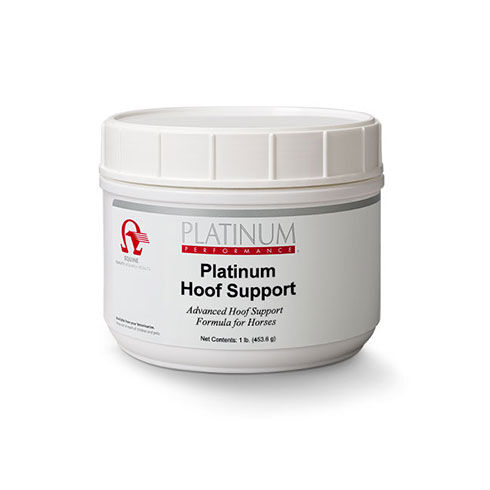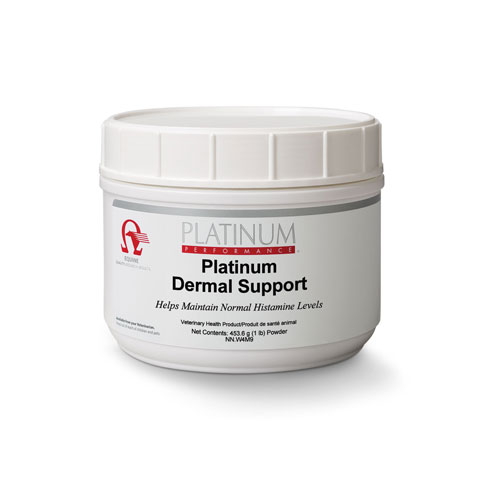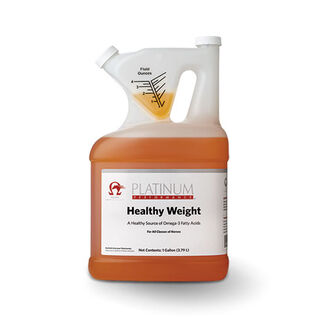Feeding for Longevity in Draft Horses
Like so many things in life, draft horses are a living, breathing juxtaposition: massive bodies and immense power contrasted by a signature gentleness and deep desire to please. See how the right nutrition can support these larger-than-life horses, helping point them toward long careers in a hitch or on the farm.

How to Choose the Right Nutrition for Your Draft
Digging further into the unique feeding requirement of drafts, you will find that multiplication is often required. Most feed labels are designed for a 1,100-pound horse, not for these big-boned giants. Learn how to craft the ideal diet for your drafts.
Feeding the DraftBuild the Perfect Supplement Plan
Step 1: Choose the Right Wellness Formula
Platinum Performance® Equine Wellness and Performance Formula is a comprehensive nutritional foundation formula for all horses.
Step 2: Choose Additional Formulas for Targeted Support
Platinum Hoof Support was designed to support healthy hooves in horses with hoof care needs. Platinum Hoof Support provides concentrated levels of highly bio-available Biotin, Zinc, Manganese, Copper, Cobalt, Methionine, and L-Lysine.
Platinum Dermal Support is a unique formula designed to support healthy skin and hair coat in horses. The ingredients Aurantiochytrium sp. (an algal source of DHA) and Quercetin work to maintain a healthy immune system and normal histamine levels.
Rich in omega-3 fatty acids, Healthy Weight is supportive in many ways including skin, coat, gastric, and muscle health. For horses that need to gain weight, Healthy Weight provides calories in addition to forage. It is made from flax oil, a rich source of omega-3 fatty acids, which makes it a healthy alternative to corn oil.
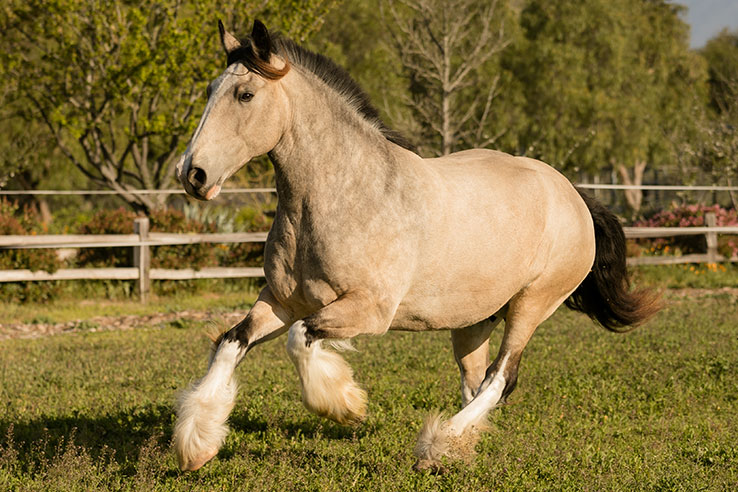
The Uniqueness of Drafts
With great power and size comes certain nuances that make the care of drafts similar to lighter breeds but with marked differences. Hear leading veterinarians discuss caring for draft breeds.
A Veterinary View of Drafts
“I’ve seen a lot of undernourished drafts. They need the right calorie sources, fiber and a good hay source just as lighter horses do. We focus on recommending those components, and we’ve added Platinum Performance® Equine in as well to help meet their needs in terms of vitamins, minerals and those good fats.”
— Dr. Kris Harris


